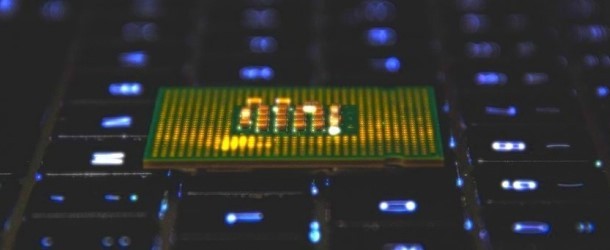‘Probabilistic Computer’ Might Bridge Gap Between Quantum and Standard Computers

(ScienceAlert) researchers have developed hardware for a ‘probabilistic computer’ – a device that might be able to bridge the gap between genuine quantum computers and the standard computers of today.
The special trick that a probabilistic computer can do is to solve quantum problems without actually going quantum, as it were. It does this using a p-bit, which the team behind this research describes as a “poor man’s qubit”.
Whereas classical computing bits can store either a 1 or a 0, qubits can be both at the same time, thanks to the laws of quantum computing – and that means a big leap in processing power. A p-bit, meanwhile, can only be a 1 or a 0, but they can switch between those two states very, very quickly. By carefully controlling these fluctuations, scientists can tackle calculations of a kind that are generally considered to be quantum computing problems, but without an actual quantum computer.
“There is a useful subset of problems solvable with qubits that can also be solved with p-bits,” says electrical and computer engineer Supriyo Datta,from Purdue University in Indiana. “You might say that a p-bit is a ‘poor man’s qubit’.”



















